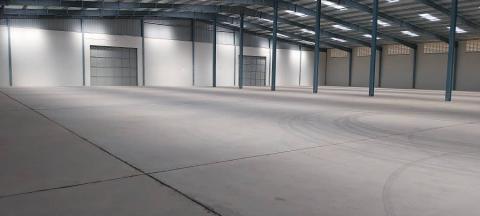A Growing Investment Frontier
Real estate in Tanzania is experiencing unprecedented growth, fueled by rapid urbanization, major infrastructure projects, and favorable investment policies. From Dar es Salaam’s bustling skyline to Zanzibar’s luxury beachfronts, the property market is evolving into one of East Africa’s most attractive sectors.
According to recent reports, Tanzania’s real estate industry attracted over USD 185 million in investments during the last fiscal year, with residential property prices projected to grow 4–6% annually nationwide. In Dar es Salaam, prime neighborhoods such as Masaki, Oyster Bay, and Kigamboni are leading the surge, offering rental yields of 6–8%.
Meanwhile, secondary cities like Dodoma, Arusha, Mwanza, and Tanga are emerging as strong contenders, thanks to government decentralization, tourism demand, and industrial development. Zanzibar, long known for tourism, is also transforming into a luxury real estate hub, with high-end developments attracting both local and international buyers.
For investors and home seekers alike, platforms like danvastproperty.com provide a convenient way to explore the latest listings, from affordable housing projects to premium villas. The rise of digital property marketplaces has not only increased transparency but also opened access to international investors looking to tap into Tanzania’s booming market.
Key Drivers of Growth
-
Infrastructure Expansion: The Standard Gauge Railway (SGR), new bridges, and upgraded ports are boosting land values along major corridors.
-
Policy Reforms: Recent updates to land and investment laws now allow longer lease terms and faster permit approvals, creating a more investor-friendly climate.
-
Urban Development: Government-led urban renewal programs are improving utilities, housing, and public spaces, especially in Dar es Salaam and Dodoma.
-
PropTech & Innovation: Virtual tours, blockchain land records, and green building solutions are redefining property transactions and sustainability.
Challenges to Watch
Despite the growth, high mortgage rates (15–20%) and bureaucratic land access remain hurdles for middle-income buyers. Affordable housing is still in short supply, requiring innovative financing solutions and stronger public–private partnerships.
Final Outlook
Tanzania’s real estate sector is on an upward trajectory through 2030, offering opportunities across residential, commercial, and industrial spaces. For those looking to invest or secure a home in this expanding market, visiting danvastproperty.com is an excellent starting point to discover the latest opportunities.

